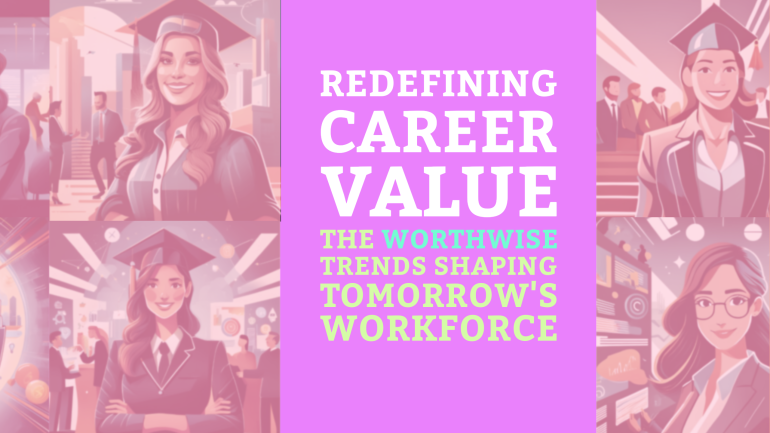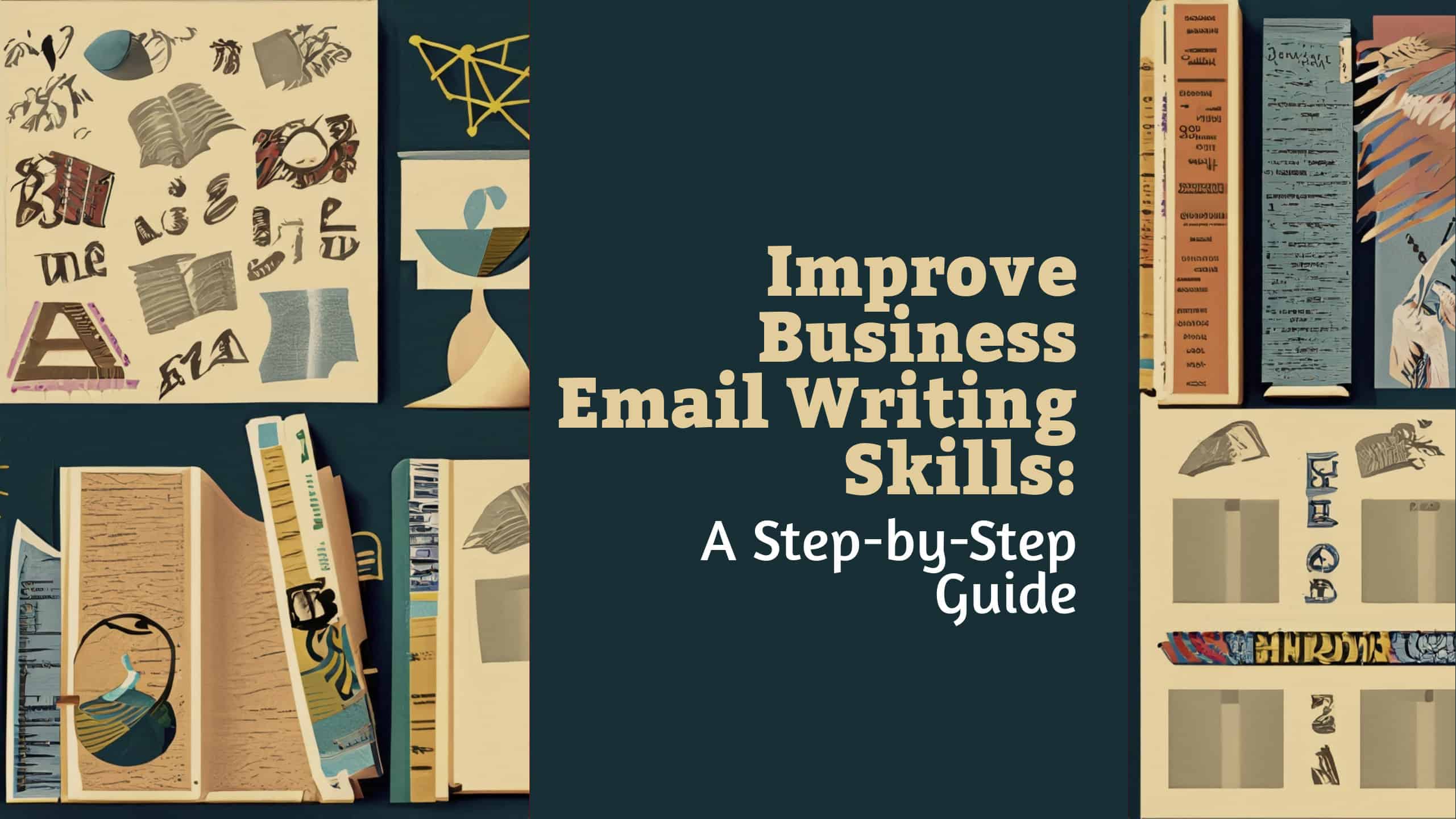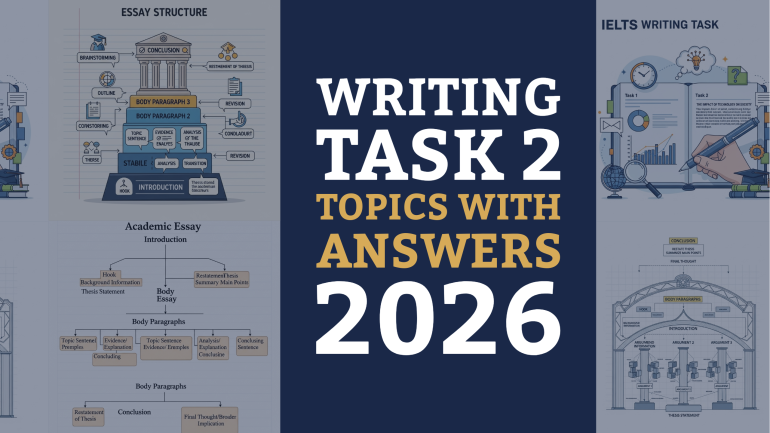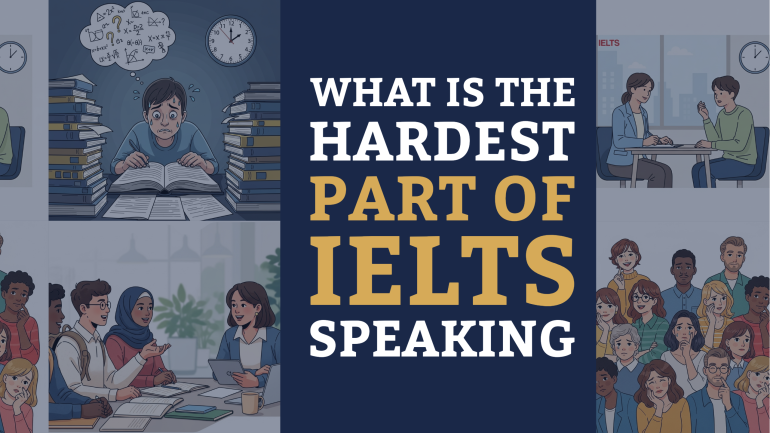Table of Contents
You may also interested:
TL;DR: WORTHWISE: The Future of Career Value
- Evolving Career Values: Skills and personal values now outweigh degrees in career success.
- Work-Life Balance: Flexibility is crucial; 54% of employees prioritize it over job security.
- Continuous Learning: Lifelong education is essential for adapting to rapid market changes.
- Diversity and Inclusion: Diverse teams drive innovation and creativity in the workplace.
- Sustainability Focus: Gen Z seeks careers that align with their values of social responsibility and environmental impact.
Imagine a world where your skills and values shape your career path more than your degree, where work-life balance is a priority, and where inclusivity and purpose-driven work define professional success. Welcome to the future of work.
The landscape of employment is experiencing a profound transformation. Traditional notions of career value are evolving, redefined by emerging trends that emphasize flexibility, continuous learning, diversity, well-being, and alignment with personal values. For Gen Z students ready to embark on their professional journeys, career counselors guiding new graduates, and professionals exploring innovative paths, understanding these WORTHWISE trends is essential.
But what does WORTHWISE stand for? It’s an acronym encapsulating the key trends shaping the workforce of tomorrow:
- W: Work-Life Balance
- O: Ongoing Learning
- R: Remote Work and the Gig Economy
- T: Technology Integration
- H: Health and Well-being (Mental Health Awareness)
- W: Work Skills Over Degrees
- I: Inclusion and Diversity
- S: Sustainability and Social Responsibility
- E: Entrepreneurship and Personal Branding
Let’s delve into each of these trends to understand how they’re redefining career value.
W: Work-Life Balance
The Increasing Demand for Better Work-Life Balance
In today’s fast-paced world, professionals are prioritizing their well-being alongside their careers. The quest for better work-life balance is reshaping employee expectations. According to a Gallup survey, 54% of employees would leave their current job for one that offers more flexibility.
Companies known for their flexible work policies, like Netflix and Dropbox, are attracting top talent by recognizing that personal time is just as important as professional responsibilities. The emphasis on work-life balance is not just beneficial for employees but also enhances productivity and job satisfaction.
O: Ongoing Learning
The Necessity of Continuous Education
In a rapidly changing job market, lifelong learning has become imperative. Technological advancements and industry shifts require professionals to continuously update their skills. Platforms like Coursera and Udemy have made continuous education more accessible than ever.
A LinkedIn Workplace Learning Report highlights that employees who spend time learning are 47% less likely to be stressed at work. Investing in continuous education not only enhances employability but also contributes to personal growth and fulfillment.
R: Remote Work and the Gig Economy
The Rise of Flexible Work Arrangements
The gig economy and remote work have revolutionized traditional employment models. By 2030, it’s projected that up to 30% of the workforce could be engaged in gig work, according to McKinsey & Company.
Platforms such as Upwork and Fiverr enable professionals to offer their services globally, embracing flexibility and autonomy. This shift allows individuals to pursue multiple interests and craft a career that aligns with their lifestyle.
T: Technology Integration
The Impact of Technology on Job Roles
Technology is a driving force reshaping the workforce. The World Economic Forum predicts that by 2025, 85 million jobs may be displaced by automation, but 97 million new roles may emerge.
Emerging fields like artificial intelligence, data analysis, and cybersecurity illustrate the growing demand for tech-savvy professionals. Staying abreast of technological advancements and acquiring relevant skills are essential to remain competitive in the job market.
H: Health and Well-being
The Rising Importance of Mental Health in the Workplace
Mental health awareness has become a critical aspect of the modern workplace. Employers are recognizing that supporting employee well-being is vital for productivity and retention.
The World Health Organization emphasizes that promoting mental health in the workplace leads to improved outcomes for both employees and organizations. Companies are implementing wellness programs, offering mental health days, and fostering supportive cultures to address this need.
W: Work Skills Over Degrees
The Shift Towards Skills-Based Hiring
Employers are increasingly valuing practical skills over formal education credentials. A survey by LinkedIn found that 74% of hiring managers believe skills are more important than educational background.
Major companies like Google and IBM have adopted skills-based hiring practices, focusing on candidates’ abilities and potential. For Gen Z entering the workforce, developing relevant skills through online courses, workshops, and real-world experiences can open doors traditionally accessible through degrees.
I: Inclusion and Diversity
The Role of Diversity in Driving Innovation
Diversity and inclusion are not just ethical imperatives but strategic advantages. Diverse teams bring varied perspectives, fostering innovation and creativity. A Deloitte report notes that organizations prioritizing diversity are 1.7 times more likely to be innovation leaders.
Companies like Microsoft and Salesforce are recognized for their commitment to creating inclusive environments. Embracing diversity enhances problem-solving and reflects the realities of a globalized market.
S: Sustainability and Social Responsibility
Aligning Career Choices with Personal Values
Sustainability and social responsibility are increasingly influencing career decisions. Gen Z is leading the demand for roles that contribute positively to society and the environment.
Organizations such as Patagonia and Unilever integrate sustainability into their core missions, attracting like-minded professionals. Careers in sustainability, renewable energy, and social entrepreneurship allow individuals to align their work with their values, making a meaningful impact.
E: Entrepreneurship and Personal Branding
Building a Unique Professional Identity
In a competitive job market, personal branding and entrepreneurial thinking have become essential. Platforms like LinkedIn enable professionals to showcase their expertise, network, and build a personal brand.
Tips for Building Your Personal Brand:
- Define Your Unique Value Proposition: Identify what sets you apart.
- Consistency Across Platforms: Maintain a consistent message and visual identity.
- Engage with Industry Communities: Participate in discussions and share insights.
- Showcase Your Work: Use portfolios, blogs, or case studies to demonstrate your skills.
Developing a strong online presence and adopting an innovative mindset can set individuals apart, creating new opportunities and avenues for career growth.
Conclusion
The workforce of tomorrow is being shaped by the WORTHWISE trends that prioritize flexibility, continuous learning, diversity, well-being, and purpose-driven work. Traditional career paths are evolving, giving way to dynamic and personalized trajectories.
As Gen Z students, career counselors, and forward-thinking professionals, embracing these trends can redefine your career value:
- Prioritize Well-being: Seek employers that support work-life balance and mental health.
- Invest in Continuous Learning: Enhance your skills to stay relevant in a changing job market.
- Embrace Flexibility: Explore remote work and gig opportunities that align with your lifestyle.
- Leverage Technology: Stay informed about technological advancements impacting your field.
- Cultivate Inclusivity: Participate in and promote diverse and inclusive work environments.
- Align with Your Values: Pursue careers that resonate with your passion for sustainability and social impact.
- Develop Your Personal Brand: Establish your unique identity and professional presence.
FAQs
- What does WORTHWISE stand for?
- WORTHWISE stands for Work-Life Balance, Ongoing Learning, Remote Work, Technology Integration, Health and Well-being, Work Skills over Degrees, Inclusion and Diversity, Sustainability, and Entrepreneurship.
- Why is work-life balance important?
- It enhances employee satisfaction and productivity, making companies more attractive to top talent.
- How can I prioritize ongoing learning in my career?
- Utilize online platforms like Coursera and Udemy to continuously update your skills.
- What role does technology play in the future workforce?
- Technology is reshaping job roles and creating new opportunities, necessitating tech-savvy skills.
- How can I build my personal brand?
- Define your unique value, maintain consistency across platforms, and engage with industry communities.





